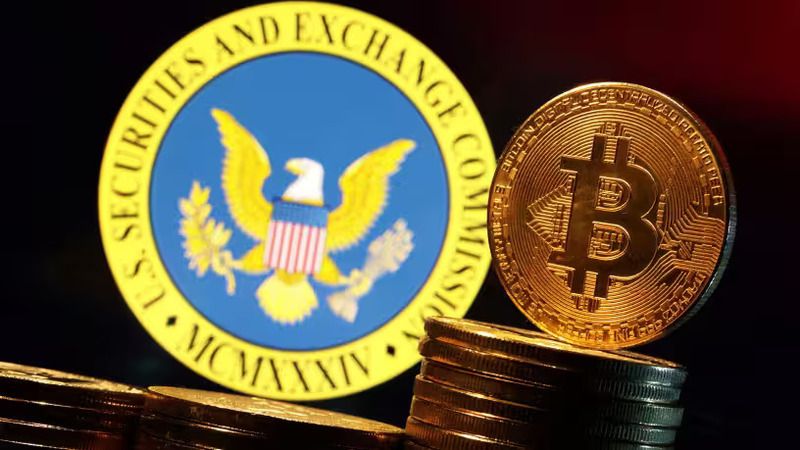U.Today – Henrik Zeberg has drawn attention to a crucial point of view that has the potential to have a major impact. Zeberg suggests that instead of focusing solely on the Fed's interest rate decisions, we should consider the output of market returns. Historically, the Federal Reserve has followed market returns rather than setting them.
- Super Bearish RSI Structure: Significantly more bearish than before the financial crisis, the Relative Strength Index (RSI) is currently showing a serious lack of optimism in the market. This can lead to major changes in investment and financial strategy.
Two-Year Yields Skyrocketing: Zeberg believes two-year yields will decline sharply. The Federal Reserve is expected to continue this downward trend in yields, despite the current inflation rate. This is significant because it suggests a possible change in monetary policy that could be advantageous for Bitcoin.
- Approaching Recession: Typically, the Federal Reserve will lower interest rates to boost the economy as a recession approaches. Zeberg notes that there is typically a five- to six-month window before a recession begins when the Federal Reserve begins cutting rates. For Bitcoin investors, this could be a tactical advantage during a crucial period for financial markets.
How can Bitcoin benefit?
Bitcoin is a popular store of value during uncertain economic times and potential currency devaluations. Demand and prices for Bitcoin may increase as a result of investors turning to it as an alternative to conventional assets.
Inflation protection is one of the main uses of Bitcoin. Inflationary pressures may intensify as the Federal Reserve lowers rates in an effort to boost the economy.
Decentralized finance (DeFi) is becoming increasingly popular as traditional financial systems become more stressed.
The rise in speculative investment is often a result of market instability. Due to its history of strong price fluctuations, Bitcoin attracts traders and investors hoping to make a quick buck or simply gain more exposure to volatility.
This article was originally published on U.Today.










